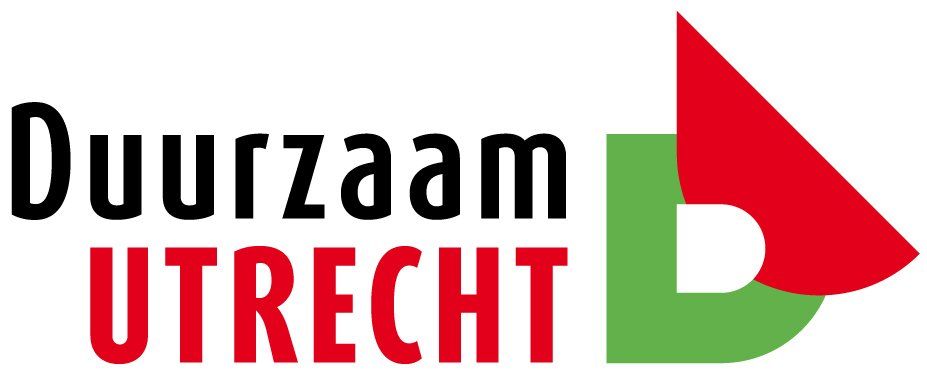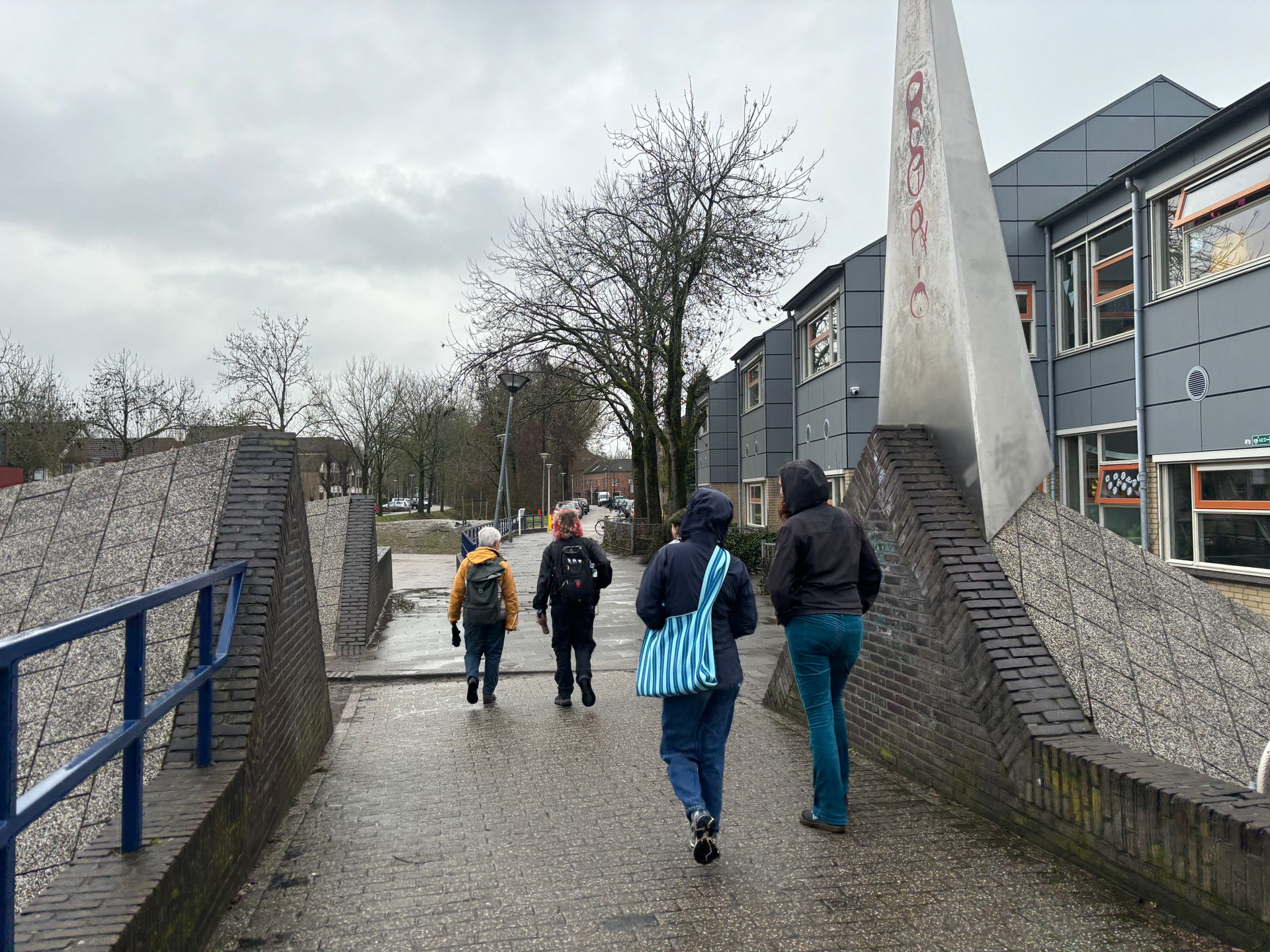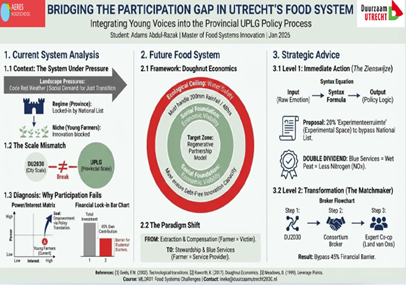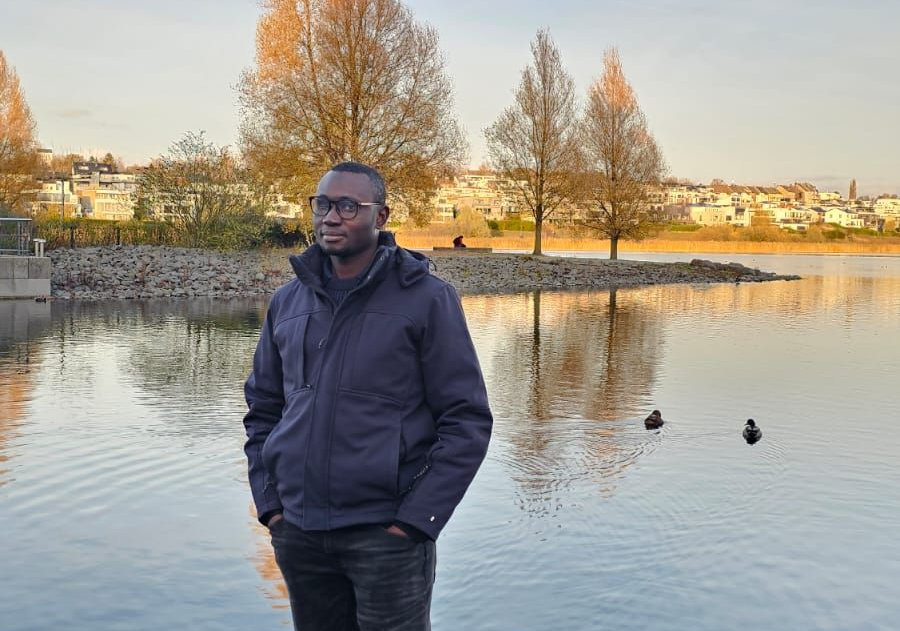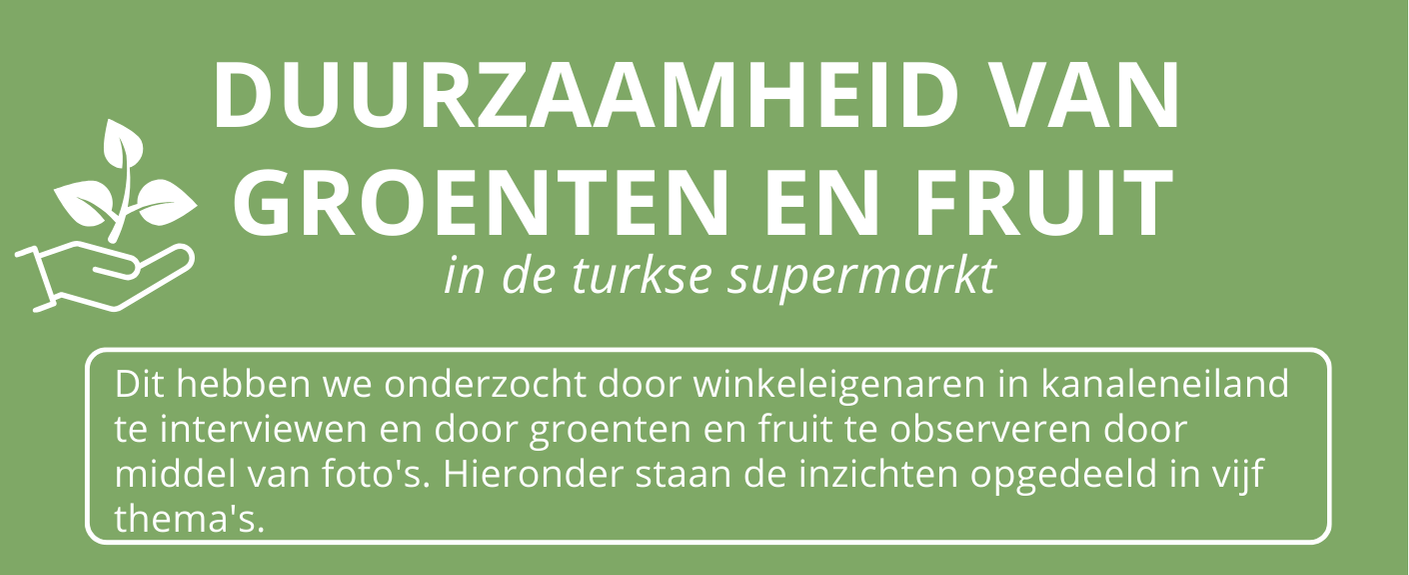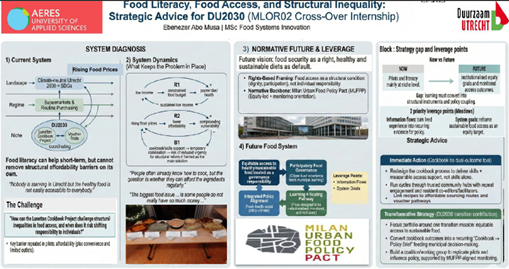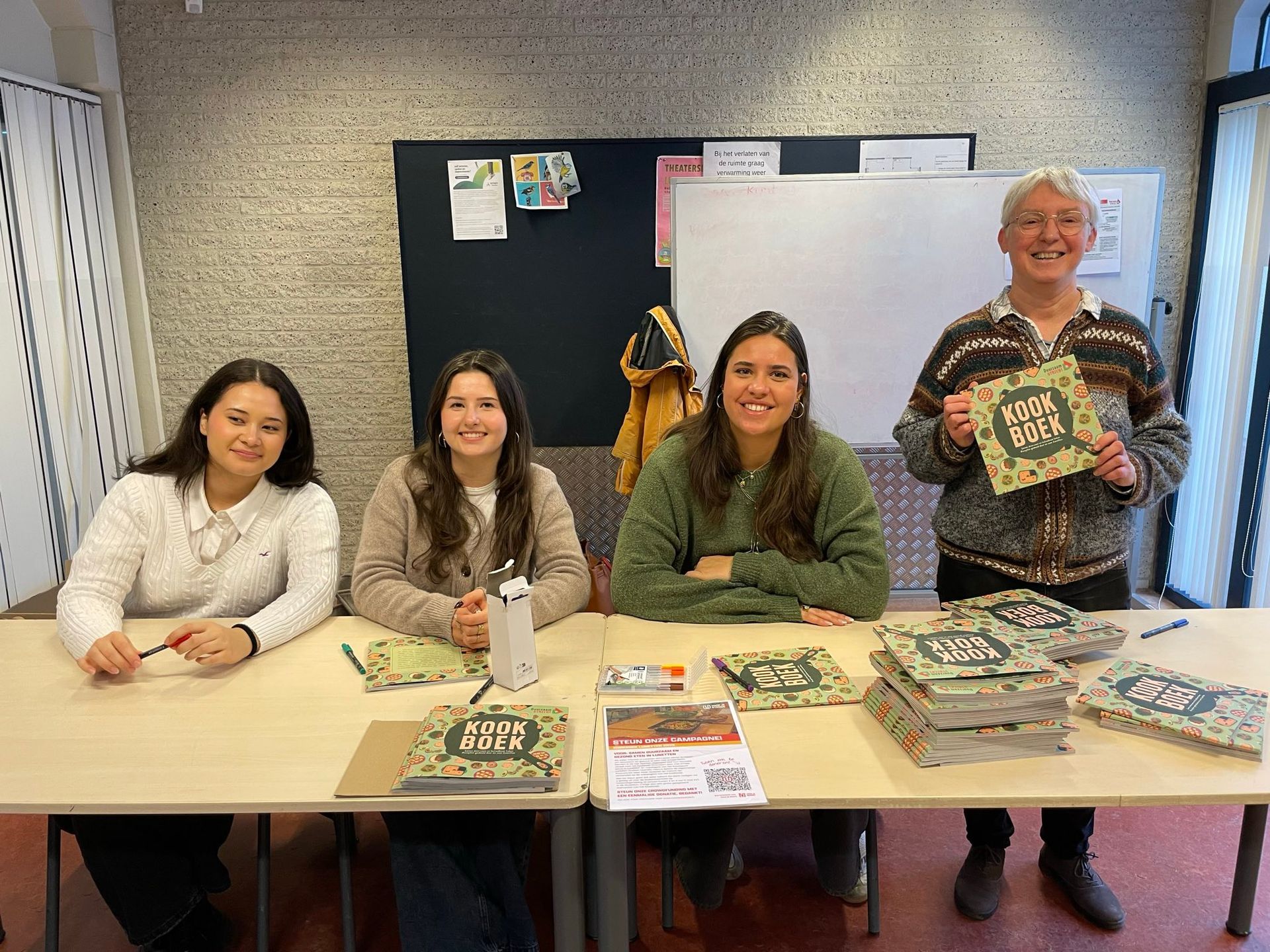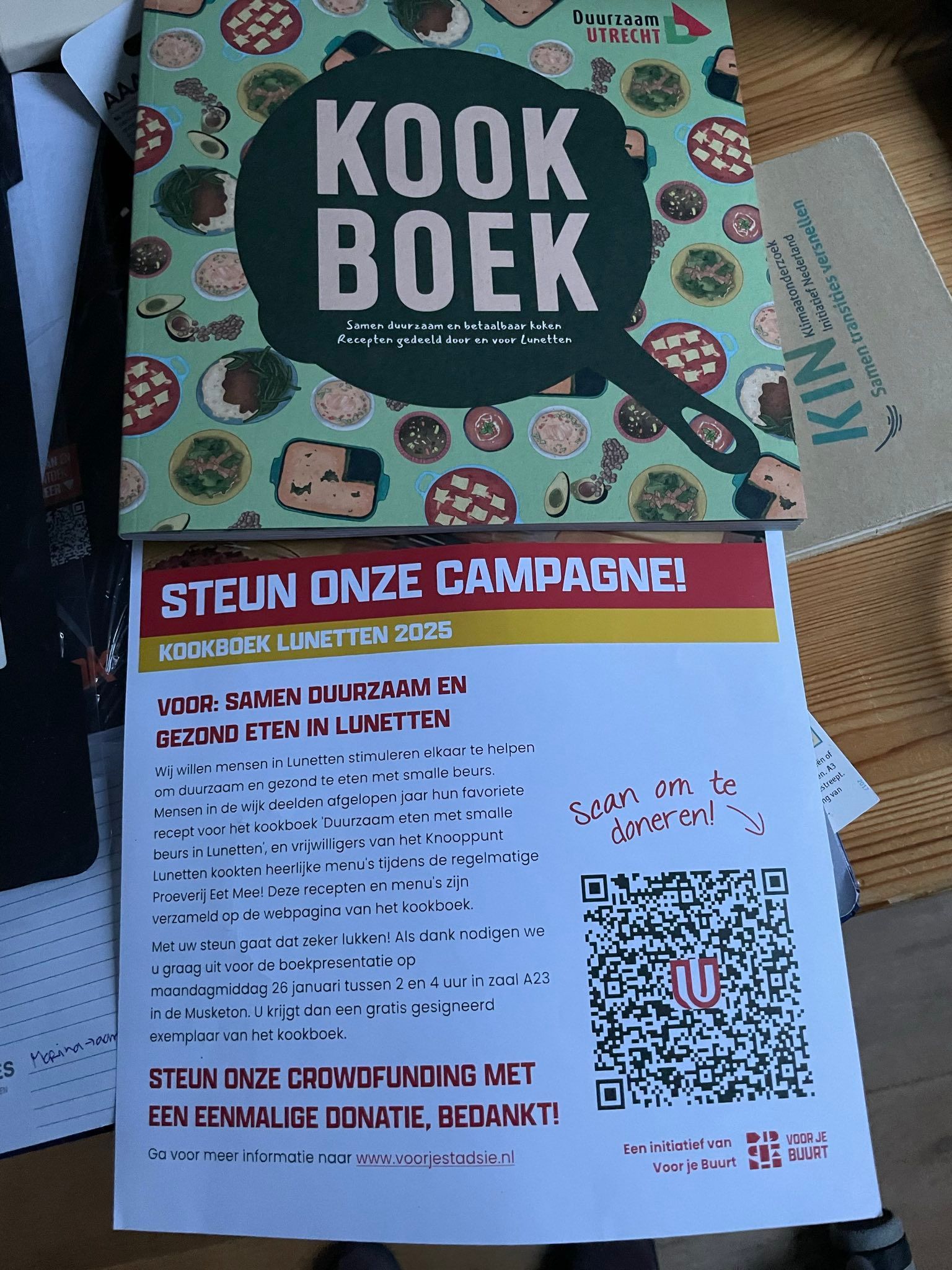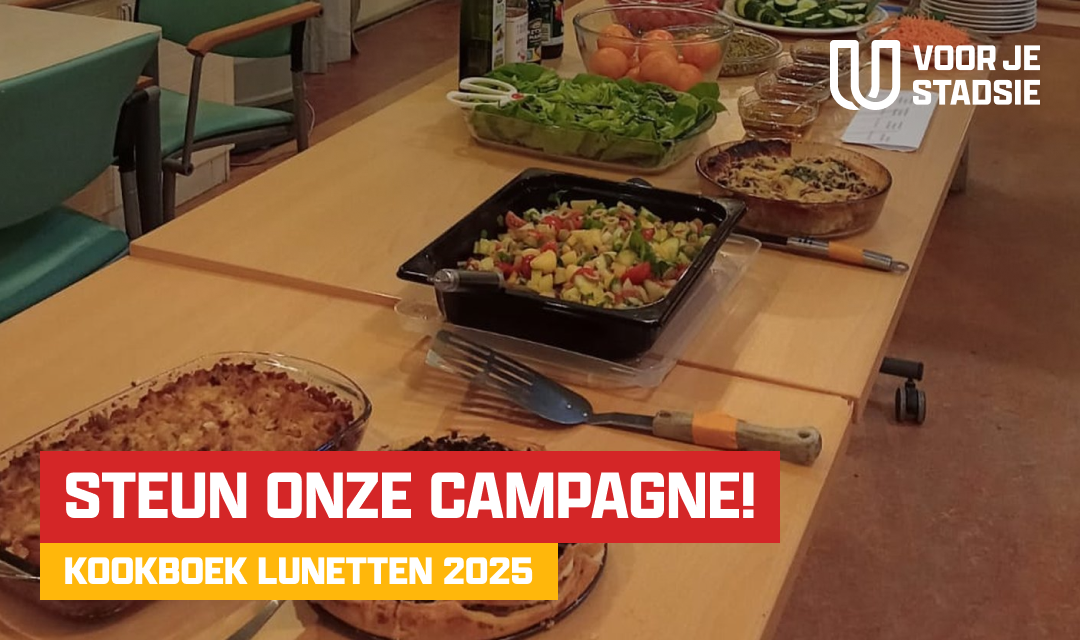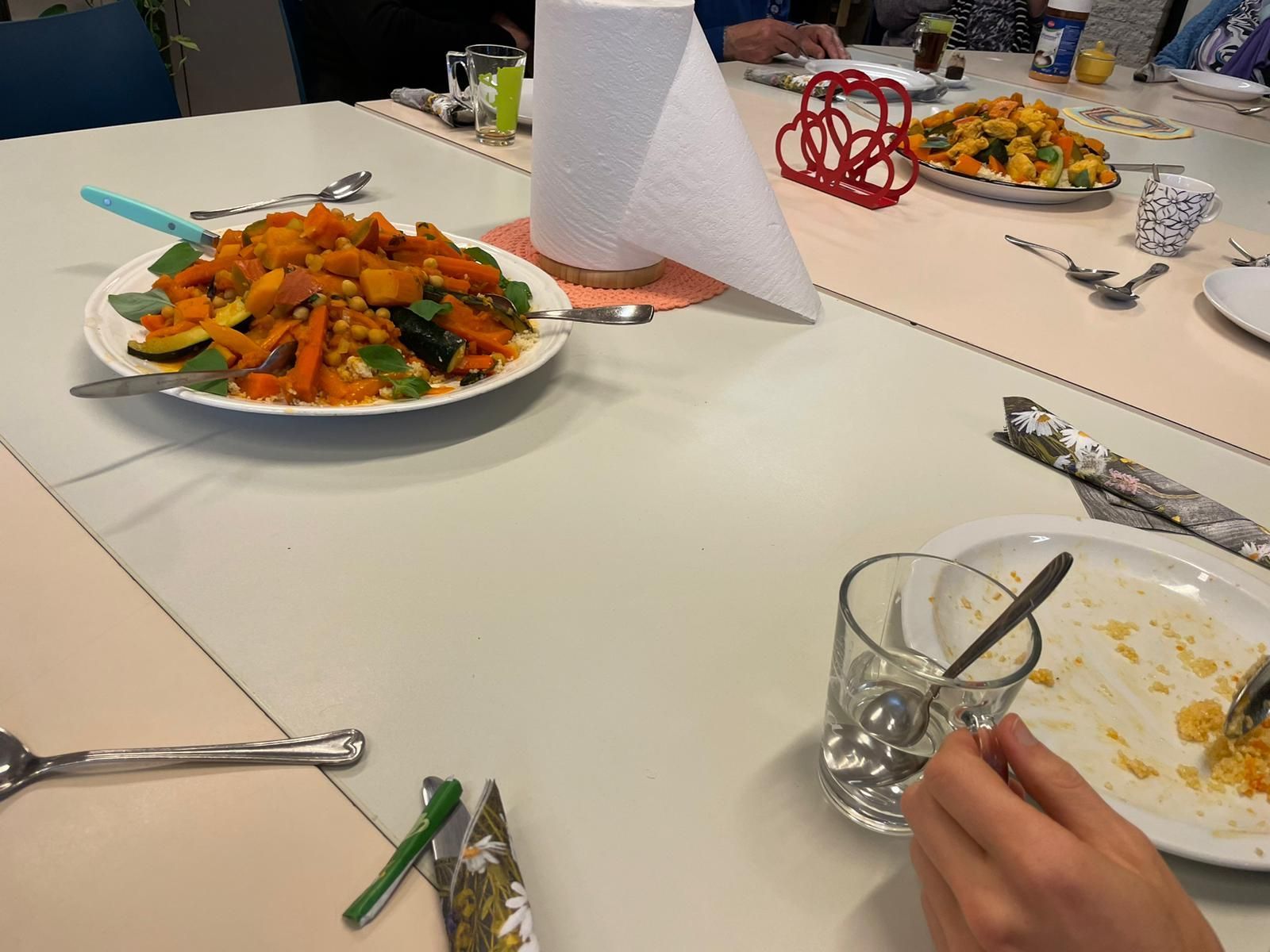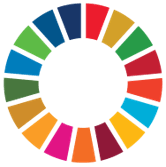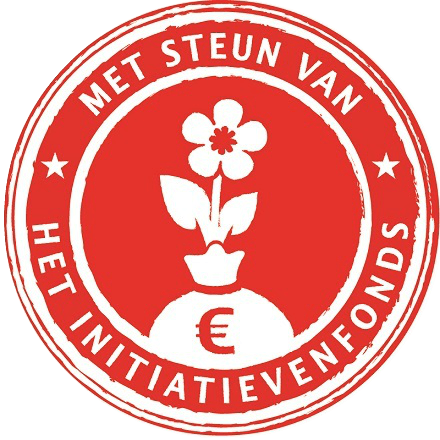Reflecting on personal food choices
Brainstorm at De Voorkamer, 2 October 2024
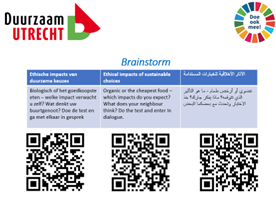
Six participants discussed personal food choices during a brainstorm organised by Duurzaam Utrecht 2030 on 2 October 2024. We asked the participants to complete an online questionnaire in Dutch, English or Arabic, stating whether they preferred organic or the cheapest food and estimating the strength of the impact of their choice on nine ethical categories (health, privacy, freedom, equality, common good, nature, sustainability, food, and security). Three people completed the online survey in English. All preferred organic food. On average, these three participants considered the impacts on health, sustainability, food, and security to be stronger than on privacy, the common good, freedom and equality. The variance between different respondents was larger for privacy, health, and freedom that for the other categories. We did not explicitly discuss the reasons for the estimates of these participants, and the number of respondents is too low to draw conclusions.
During the discussion, participants raised the question ‘what is organic?’ Is health the main issue, or packaging free food, avoiding the use of plastic packaging? Someone argued that plastic is not good, and that card board packaging would be better. Another was upset about supermarkets selling avocados and water melon in plastic, and even apples cut in slices in a plastic wrapper, or ananas in a box. In the Netherlands, consumers consider it normal to buy salads wrapped in plastic. In Lombok, a green grocer sells unpackaged vegetables and fruit, but it is not organic. It is better than packaged produce, but not expensive. It is attractive for neighbours with lower incomes, because you can buy parts of cabbages and other vegetables. It is unclear if it is organic, because it is not certified.
The quality is less, it gets foul quicker than the food you buy at AH. Avocados in the supermarket are expensive, for example 1 euro a piece, while you get 3 for 1 euro at the Turkish greengrocer. But then you have to eat is quickly. How can small shops sell food at lower prices?
The food may come from farther away. It is unclear where the food comes from. Sometimes, food from Marocco gets repackaged in Spain to circumvent EU rules. Retail is in general not sustainable, because they sell food from far away, or grown in big greenhouse complexes.
The Lidl supermarket is the best, it sells the cheapest organic food.
Fruit and vegetables contain enough vitamines, but whether it is healthy also depends on your diet.
How diverse is the offer or organic food, or locally grown food? Our diet is culturally determined. In the Netherlands, you can buy other food, calory richer winter menus than in Southern Europe, where they eat more fruit and lighter vegetables, more salads. In Germany, they eat more different kinds of bread. Some Germans complain about the offer of food in Dutch supermarkets or bakeries.
Someone regularly buys food at the garden ‘kansrijk’, a farm in Groenekan.
Food wastage is a bigger problem than buying organic or non-organic. To tackle this, you can have dinner served by Buurtbuik, or buy food offered through the Too Good To Go app. Start by changing your own behaviour. Don’t buy too much, and don’t throw away food. However, the catering throws away lots of food every day, and employees are even forbidden to take leftover food home.
This society is a throw-away-society, not just wasting food. People throw away perfectly good tables, phones, or clothes. Fast fashion is a big concern. What is the difference in behaviour between younger and older generations? Which generation lives more sustainable? Participants agreed that older generations lived more sustainable, in general. What is the role of parents in raising their kids? A parent shared the experience that they had limited influence, since the kids were out of the reach of their authority at school or on the streets. Young people have limited awareness of where the food in the supermarket comes from.
Who can make the change? Individuals have limited influence. Governments are more influenced by money, power and social status. Money drives government more than considerations of how we can live a more sustainable life.
What could be better alternatives? Superfoods like goose berries? Insect food? Some participants like snails, but others don’t.
A lot of food is already wasted at the distribution centre, before it reaches the supermarket, because it does not fit in the narrow definitions of what is considered good food. It is not beautiful, or over-ripe.
In a neighbourhood in De Meern, there are fruit trees where everyone can pick apples or cherries.
The choice is not just between organic or cheap, but also about the taste of the food. Overcooked food is not healthy. Plant based food now already has a separate stall at the supermarket, and you can choose to eat all parts of a cow. If you compare a local chicken with an avocado from South America, the environmental impacts of the avocado may be higher.


